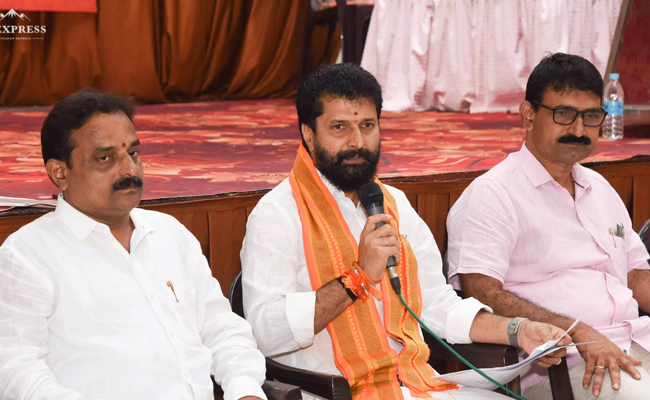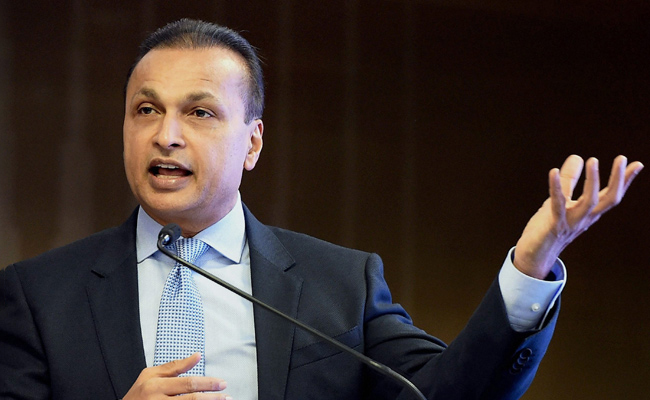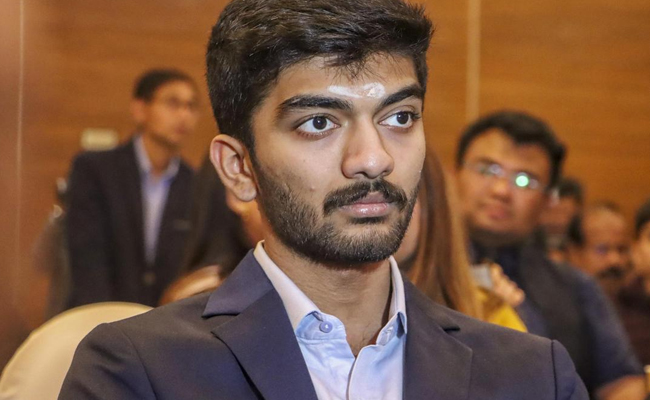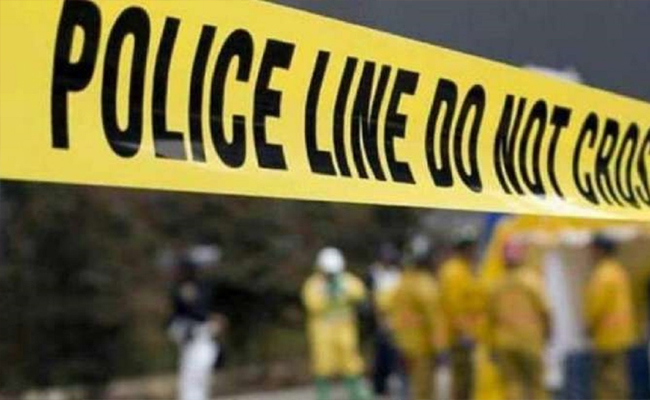Mangaluru: Amidst the recent controversy surrounding the arrest of Hindutva activist Chaithra Kundapura for allegedly defrauding an Udupi businessman of Rs 5 crore by promising him a BJP ticket for the last Assembly election, senior BJP leader CT Ravi clarified in a press conference that the party does not engage in the practice of selling tickets for monetary gain.
Addressing reporters at the Sangha Niketana Hall in Mangaluru, CT Ravi, who is in the city to prepare for the upcoming elections, stated, "Unlike the incident involving Chaithra Kundapura, the BJP does not have a system of accepting money from individuals in exchange for party tickets. Many of our elected representatives, including BJP legislators from Byndoor and Sullia, come from financially disadvantaged backgrounds. In the current case, the truth will only emerge after a thorough investigation."
Ravi also offered his perspective on the matter, suggesting that Udupi businessman Govinda Babu Poojary should have exercised caution and conducted inquiries to avoid falling victim to deception.
Regarding the party's election preparations, Ravi mentioned, "We are gearing up for the Assembly elections in five states and the 2024 Lok Sabha polls. While discussions with JD(S) leaders have taken place, the BJP has yet to make a final decision on forming an alliance."
He further noted that the delay in selecting the Leader of the Opposition in the Karnataka Assembly could be seen as a political strategy employed by the BJP.
The press conference in Mangaluru was attended by Dakshina Kannada District President of the BJP Sudarshan Moodbidri, former minister Kota Srinivas Poojary, former MLA Monappa Bhandary, MCC Mayor Sudhir Shetty, party spokesperson Ravishankar Mijar, and member Randeep Kanchan.
Let the Truth be known. If you read VB and like VB, please be a VB Supporter and Help us deliver the Truth to one and all.
New Delhi (PTI): Reliance Group chairman Anil Ambani on Thursday appeared before the Enforcement Directorate here for a second round of questioning in connection with an alleged bank fraud-linked money laundering case.
The 66-year-old businessman entered the federal probe agency's office in central Delhi around 10.30 am.
Officials in the agency said they will record his statement under the provisions of the Prevention of Money Laundering Act (PMLA). He was first questioned by the ED in August 2025.
The probe pertains to an alleged over Rs 40,000 crore worth bank fraud by his group company, Reliance Communications (RCOM).
Ambani and his multiple group companies are facing allegations of loan fraud, and the ED recently constituted a special investigation team (SIT) to probe all these instances. The SIT was formed on the recent directions of the Supreme Court.
The ED on Wednesday attached Ambani's Mumbai house, 'Abode', worth Rs 3,716 crore under the anti-money laundering law.
According to information furnished by the ED to the apex court, it has filed three money laundering cases against the Anil Dhirubhai Ambani Group (ADAG) to investigate charges of bank loan fraud and other financial irregularities.
STORY | Anil Ambani appears before ED in money laundering case
— Press Trust of India (@PTI_News) February 26, 2026
Reliance Group chairman Anil Ambani on Thursday appeared before the Enforcement Directorate here for a second round of questioning in connection with an alleged bank fraud-linked money laundering case.
READ:… pic.twitter.com/WBAhubnxO0





